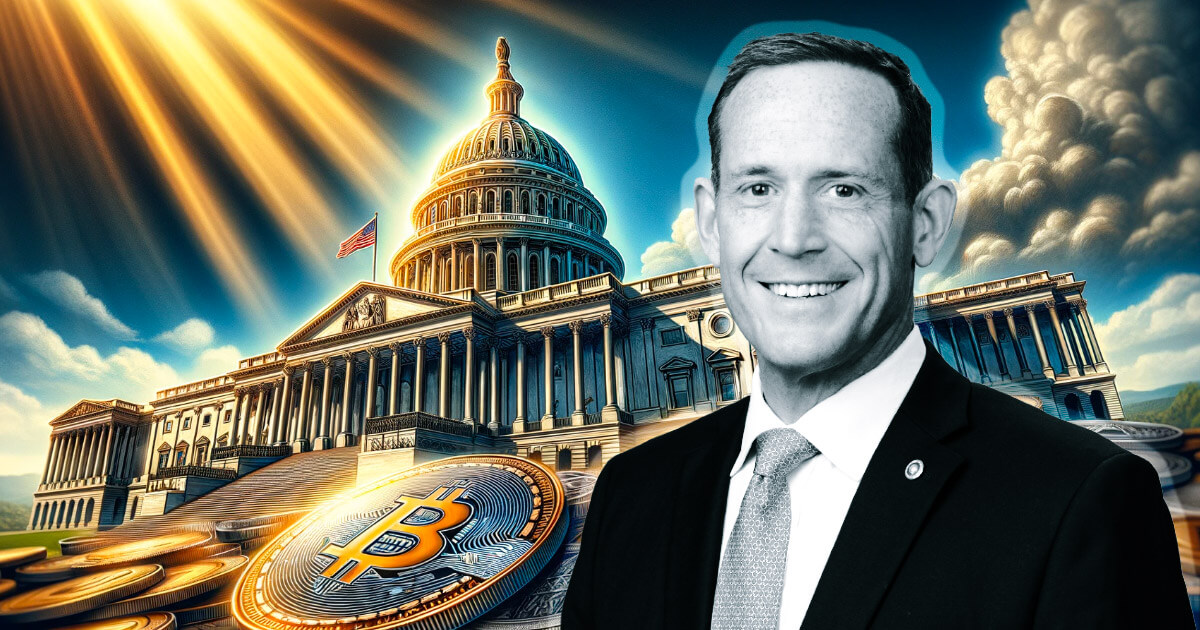
The push for greater financial freedom and decentralization in the crypto ecosystem continues with the introduction of the “Keep Your Coins Act” in the US 118 Congress by Senator Ted Budd (R-NC) on November 7.
The new bill aims to allow individuals to retain full custody of their digital assets such as Bitcoin (BTC) without having to rely on third-party intermediaries such as exchanges.
This self-custody legislation comes on the back of the disastrous collapse of the FTX, which highlights the risks of leaving money on centralized platforms.
Part of the bill reads:
“To prohibit Federal agencies from restricting the use of convertible virtual currencies by an individual to purchase goods or services for the individual’s own use, and for other purposes.”
Senator Budd highlighted the growing need for investors to maintain control over their digital assets amid rampant turmoil in the sector.
“As consumers face new challenges and risks associated with using digital currencies, we must empower individuals to maintain control over their own digital assets,” said Senator Budd. “This approach will promote financial freedom and a more decentralized cryptocurrency ecosystem.”
If passed, the bill would ban federal agencies from issuing regulations against self-hosted wallets.
Meanwhile, the Senate bill mirrors previous efforts in the House of Representatives, where Rep. Warren Davidson introduced similar legislation in 2022.
Davidson’s Keep Your Coins Act passed the House committee last July, although it has not yet received a full floor vote. The congressman has been an outspoken advocate for protecting self-custody wallets from government overreach and has also been a prominent advocate of the nascent industry against regulators like the U.S. Securities and Exchange Commission (SEC).
The House and Senate bills underscore a broader push toward a more decentralized crypto ecosystem, where users retain personal control over assets. This aims to limit third-party risks while maintaining financial freedoms.
While the fate of self-custody legislation remains uncertain, the latest introduction in the Senate keeps the conversation alive as lawmakers grapple with how to approach crypto surveillance.

